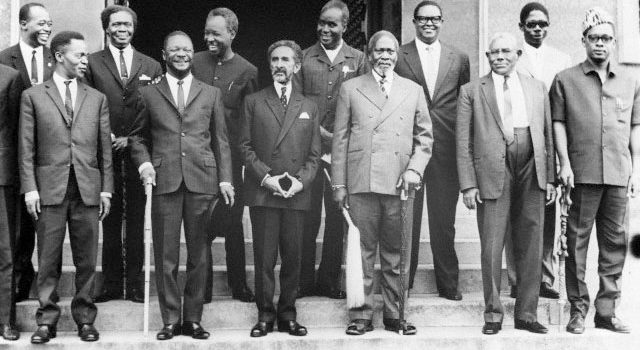A country must meet certain criteria to be classified as a developed country. Some of these criteria include the state of the economy as well as the functionality and stability of the government.
Aside from the economy being developed, the country must meet some features like the availability of modern amenities that enable comfortable living for its citizens. Such amenities include good roads, stable electricity, suitable housing, telecommunication infrastructure, and hospitals.
The availability of good jobs, access to health and social services, a high degree of personal freedom, the effectiveness of the country’s educational systems etc., are all yardsticks to measure a developed country.
Any country or countries that fall slightly short of these goals or features are seen and classified as developing countries. Those that fall far short are designated as the least developed countries and become eligible for specific United Nations assistance programs.
A country advances up the development ladder simply by growing its income over time and going from one rung to the next. In the World Bank’s assessment of a developed country, the GNP per capita must be up to $12,536 or more before a country could be classified as a high-income and developed country.
Then other nations are classified as developing since they have not yet achieved this criterion. Finally, others are further classified as low-income (under $1,035), lower-middle-income ($1,036 to $4,045), and upper-middle-income ($4,046 to $12,535).
The yearly Human Development Index published by the United Nations is the most frequently used and acknowledged indicator of countries’ development status.
In Africa, infrastructure development is vital for economic growth and raising the living standard of Africans. It substantially contributes to human development, poverty reduction, and the Sustainable Development Goals (SDGs) achievement.
Infrastructure investment contributes to more than half of recent advances in African economic development and has the potential to contribute substantially more to most developed countries in the continent.
Africa is the least-developed continent outside Antarctica, with many of its countries still mired in issues, including poverty, government corruption, and armed conflict. But still, many African countries are doing well in terms of infrastructure and other features that qualifies a country to be called developed.
One such country on the continent is Seychelles, which is regarded as the most developed country in Africa. Seychelles is an African nation that has met almost all of the Millenium Development Goals and is also the richest in the continent. The country has a Human Development Index value of 0.782 which makes it the most developed nation in Africa. The GDP per capita in the country is $23, 886 USD. Its economy depends on tourism, agriculture, and fishing, but its tourism industry employs most of the labour force.
Another reason it is seen as the most developed nation in Africa is that it has the most extensive social policy programs in the developing world and has been identified as a model for the rest of Africa.
Seychelles, with its many Indian Ocean islands and beaches, is renowned as a high-end tourist destination. Besides profiting from its beautiful landscape, it is also known as business-friendly, politically stable and a strong voice in international discussions on climate change.
One thing that has worked in favour of Seychelles is its population, as the country has a population of just about 100,000 inhabitants. With its small population and the country’s openness to world trade and investment, it attracts foreign assets, which have contributed to its success.
Foreign direct investment has brought about critical know-how and international best-practice to Seychelles’ crucial tourism industry, among other things. At the same time, the openness attribute has also widened its horizons, raising the returns to the job-relevant skills needed by firms competing in global markets.
Through these and many more, the government of Seychelles has provided universal free access to education and primary healthcare and sustained high levels of social welfare spending for its citizens.


